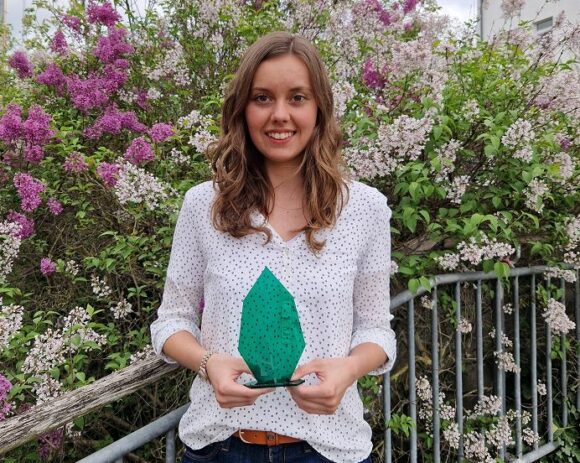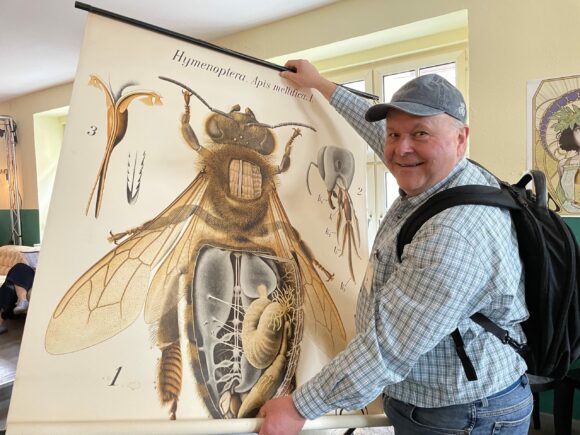Hof University of Applied Sciences wants to accompany Bavarian companies and industry on their way to reduced dependence on external energy – and in the process facilitate the path to renewable energies. At the start of the project “Energy self-sufficiency in regionally networked small and medium-sized enterprises” (“EnerKMU”) at the Institute for Hydrogen and Energy Technology at Hof University of Applied Sciences (iwe), a total of 20 companies already participated, which will support the researchers in the future in the course of a large-scale technology and know-how transfer. The project is designed for a total of 4 years.

The economic pressure on small and medium-sized enterprises in particular is increasing more and more, not least with regard to issues of energy security and the associated costs. The goal of achieving the greatest possible independence from international electricity and gas markets and the recent enormous price fluctuations is therefore a central consideration for many. In this regard, Hof University of Applied Sciences would like to provide very practical assistance within the framework of the project that has now been launched.
Utilizing regional potential
“We cannot possibly wait until the grids supply us with arbitrary amounts of renewable electricity and gas, that would be fatal,” said Institute Director Prof. Dr. Tobias Plessing at the launch of the new research project. And further:
We must decentralize and make the best possible use of the sources on our doorstep!”
Prof. Dr. Tobias Plessing
The goal, he said, is to develop completely individual concepts for direct implementation for the individual companies. For this purpose, the real time-resolved energy demand of the respective company is recorded in comprehensive data series and can then be transferred by numerical models into a new energy concept with renewable sources and more efficient uses.
Holistic support
Subsequently, the Hof University of Applied Sciences has set itself the goal of providing companies with very practical support in their conversion to the use of renewable energies.
It is also our goal to accompany the component development for innovative energy plants with extensive measurement technology and computational design.
Dr. Andy Gradel, Deputy Director of the Institute iwe
In addition, the aim is to develop energy concepts for the future that are as sustainable as possible and thus to support the manufacture ofmore CO2-neutral products in the sense of making processes as energy self-sufficient as possible.

Away from fossil forms of energy
To enable the change away from fossil energies, the project is to include all forms of renewable energy that the local environment offers in each case. “Ceramics or glass companies, for example, now purchase large amounts of Russian natural gas, even though tons of manure in the fields next door release methane as farm fertilizer and the sun shines on the roof, which is not yet equipped with photovoltaics.” He continues:
From such potentials, we want to build closed-loop systems and local energy supply concepts and bring them into implementation.
Prof. Dr. Robert Honke
Bundled competencies
The research team in the EnerKMU project comprises a total of 11 people and has an interdisciplinary structure. In addition to Professors Tobias Plessing and Robert Honke and the deputy director of the institute, Dr. Andy Gradel, scientists from the fields of energy system planning, simulation technology, renewable energies, energetic biomass utilization and process engineering as well as an expert on energy law are involved.
Funding and contact
The project is funded with up to 880,000 € by the European Regional Development Fund. The Institute for Hydrogen and Energy Technology (iwe) is also contributing its own share of approx. 1.3 million € over the project period of 4 years. Further interested companies can contact the research team via iwe@hof-university.de.







